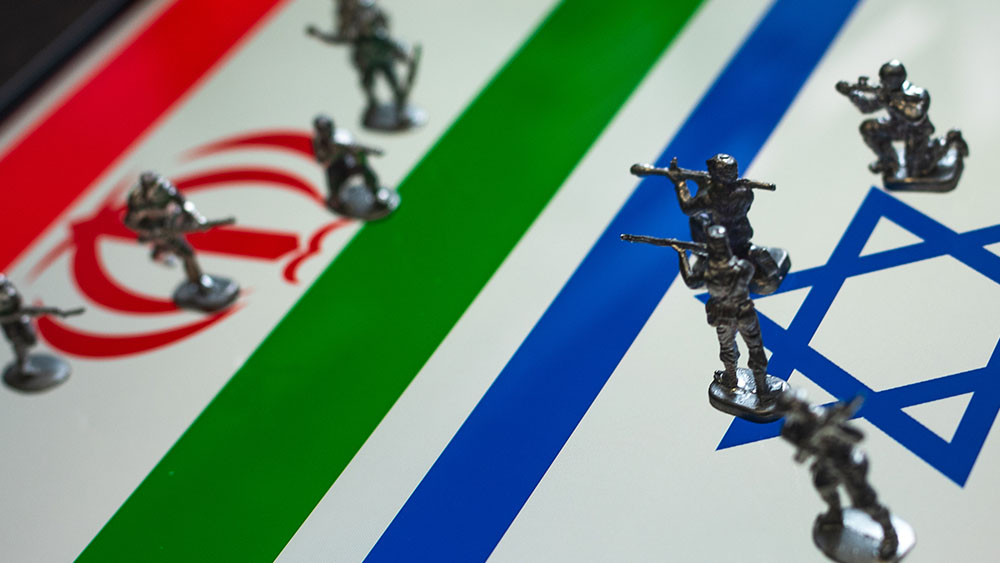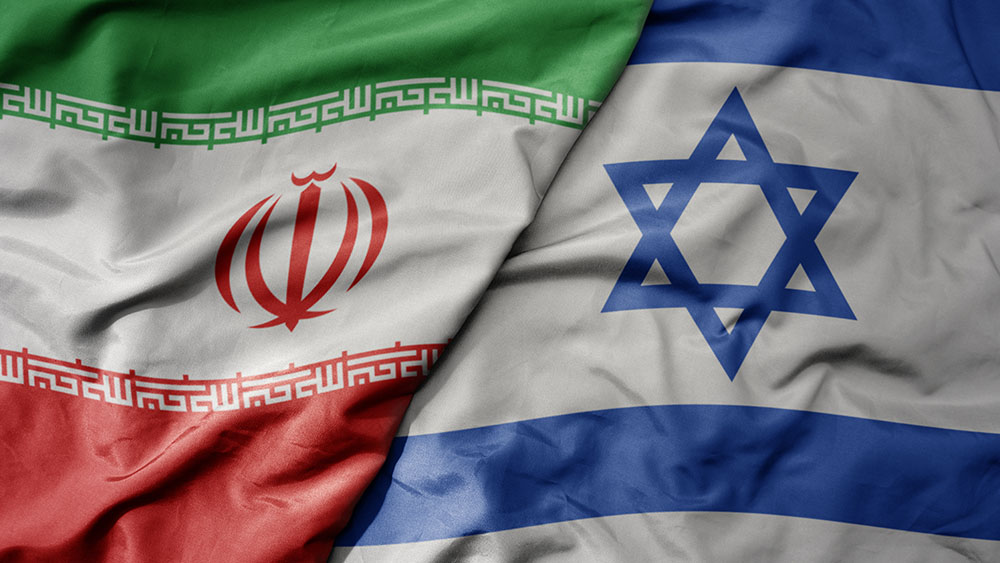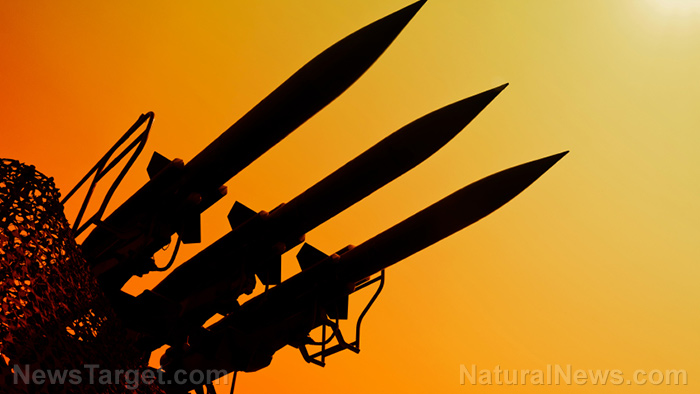 Parler
Parler Gab
Gab
- For the first time in 20 years, Russians no longer view the U.S. as their top adversary – Germany, the U.K. and Ukraine now lead the list of most hostile nations, with the U.S. dropping to fourth.
- Russia's strongest perceived allies remain Belarus (80 percent) and China (64 percent), followed by Kazakhstan, India and North Korea – reflecting a consistent pivot toward Eastern partners.
- Favorability toward Iran and Armenia has sharply declined, with both countries losing 11 percentage points in public support compared to previous years.
- Negative sentiment toward European nations is high, especially toward Ukraine (75 percent unfavorable), while attitudes toward the U.S. and Japan are split; India and Brazil are viewed more positively.
- Growing war weariness, along with President Donald Trump's return and promises to end the Ukraine war, appear to have softened Russian public hostility toward the U.S., while increasing blame is placed on Europe for continued conflict escalation.
Russia shifts in public sentiment coincide with Trump's return to White House
The change in sentiment appears to coincide with the return of President Donald Trump to the White House and his renewed efforts to de-escalate the Ukraine conflict. Unlike European leaders, Trump has refrained from advocating new sanctions against Russia and has repeatedly pledged to end the war through negotiations, a stance that seems to resonate with war-weary Russian citizens. In contrast, the U.K. and Germany have taken on increasingly hawkish positions, calling for greater defense spending and a united Western front against Moscow. Observers suggest that these moves may be fueling growing resentment among the Russian public, who increasingly see European capitals, not Washington, as drivers of conflict escalation. Meaning, the poll reflects a broader realignment in Russian public consciousness, where the focus is shifting away from traditional adversaries and toward newer perceived threats tied to ongoing military and diplomatic tensions. "Over three years after the Ukraine war kicked off with intensity, there are grim estimates that hundreds of thousands of young Russian men may have been killed. Certainly war weariness has also take hold of Western populations for some time now. It appears common Russians are increasingly blaming the leading European countries for recent escalations," Tyler Durden wrote in his article for the ZeroHedge. Visit WWIII.news to read more related news. Watch this clip from the "Breanna Morello Show" as she discusses the possibility of radical Islamist migrants orchestrating a Moscow-style attack on the United States. This video is from the MyPodcastDropped2320 channel on Brighteon.com.More related stories:
Russia considering developing a strategic Bitcoin reserve.
Russia intensifies ground assault in Kharkiv region.
Sources include: ZeroHedge.com Lavada.ru Brighteon.comIsrael reaps whirlwind of violence as Iranian retaliation strikes heart of Jewish state
By Cassie B. // Share
Iran vows RETALIATION after Israeli strikes kill top military commanders
By Laura Harris // Share
U.S. quietly shipped hellfire missiles to Israel days before strikes on Iran, report reveals
By Laura Harris // Share
Governments continue to obscure COVID-19 vaccine data amid rising concerns over excess deaths
By patricklewis // Share
Tech giant Microsoft backs EXTINCTION with its support of carbon capture programs
By ramontomeydw // Share
Germany to resume arms exports to Israel despite repeated ceasefire violations
By isabelle // Share










